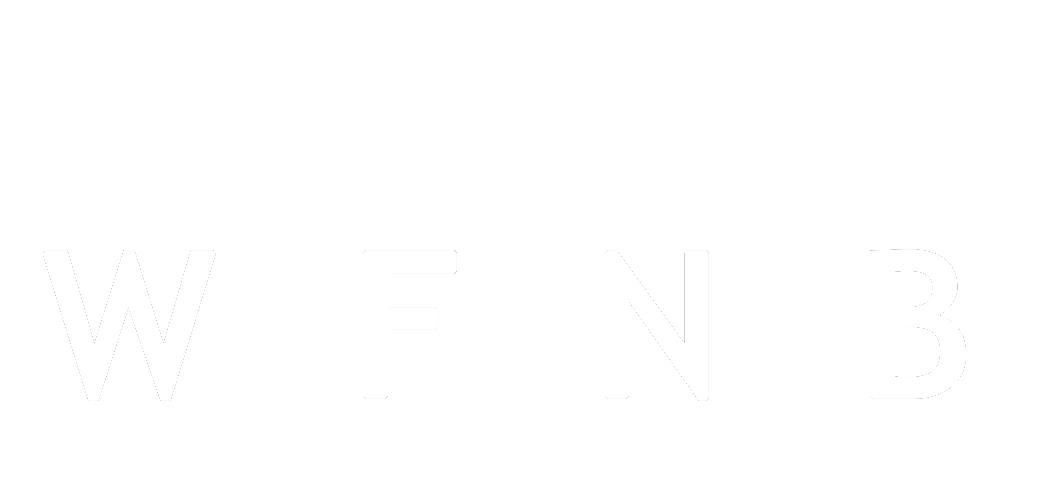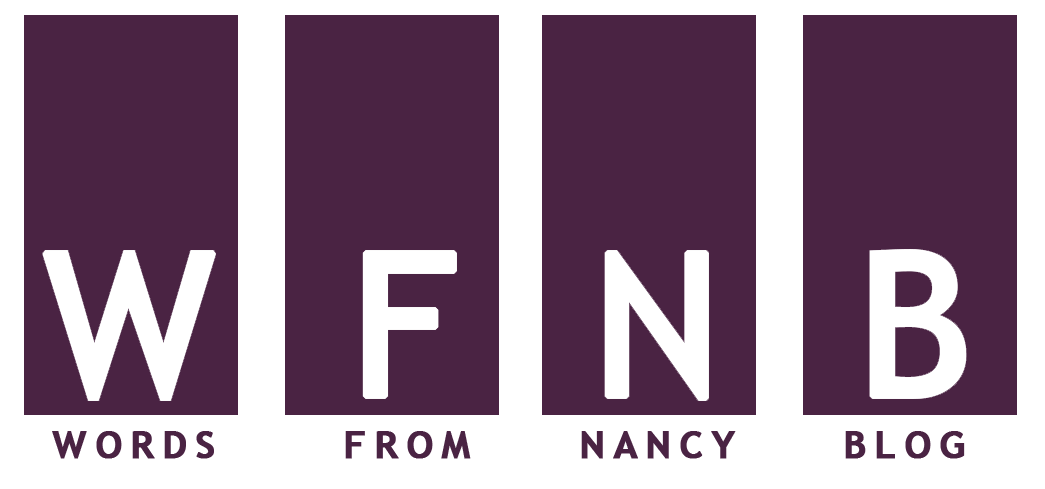The $3.4 billion emergency funding for Nigeria on Tuesday by the International Monetary Fund (IMF) is a repayable loan approved to help the country cushion the impact of the coronavirus pandemic on her economy, the Bretton wood Group clarified on Wednesday.
The IMF also mentioned the two conditions attached to the loan.
Since April 6, when the Minister of Finance, Budget and National Planning, Zainab Ahmed, announced that Nigeria submitted a formal request for approval to draw 100 per cent of her contribution to the IMF, there has been conflicting opinions among Nigerians about the status of the funding.
The minister’s explanation during the N500 billion fiscal stimulus fund launch in Abuja that “the loan will not be tied to any (IMF) conditionalities” may have heightened the controversy, as many Nigerians associate the usual IMF loans with tough conditionalities and interest rates.
Loan without usual conditionalities
“The Federal Ministry of Finance is also reaching out to multilateral organisations where we have borrowed externally, either for the Federal Government itself, or on behalf of the States, to also negotiate a debt deferment or debt suspension.
“As a matter of fact, last week, we had a virtual meeting with all the African Ministers of Finance and agreed to collectively ask for the suspension of debt service obligations for 2020 and 2021.
“The World Bank and IMF that were in the meeting indicated to us that this is possible. We will be negotiating with them on the terms of those deferment.
“Nigeria has a contribution of $3.4 billion with the IMF, and we are entitled to draw up to the whole of that amount, no less.
“We have in the first instance applied for that maximum amount from the International Monetary Fund’s COVID-19 Rapid Credit Facility to draw from our existing holdings with the World Bank Group / International Monetary Fund. This loan will not be tied to any conditionality.
“But in the process of negotiation, we might get that maximum amount or less. This is a provision the IMF has made for every member country, to apply for between 50 to 100 per cent of their contribution to the IMF. This is a programme that has no condition attached like other IMF programmes,” the minister explained in an answer to a question by PREMIUM TIMES at the event.
Board approves
On Tuesday, the Executive Board of the IMF, during its special meeting to consider Nigeria’s request, gave approval to the credit facility.
The board said the approval for the funding was given under the Fund’s Rapid Financing Instrument (RFI) to support the Nigerian government’s efforts to address the devastating impact of COVID-19 on its economy.
Besides, it said the approval of 100 per cent of Nigeria’s contribution to the Fund as emergency financial assistance was based on the country’s Special Drawing Rights (SDR) under the RFI.
The IMF said the $3.4 billion approved for Nigeria was equivalent to SDR 2,454.5 million (of 100 per cent of Nigeria’s quota held with the Fund).
Regardless, this newspaper sought further clarification from the IMF’s Senior Resident Representative and Mission Chief for Nigeria, Amine Mati, on the status of the funding approved for Nigeria.
The loan conditions
In a brief official response to PREMIUM TIMES’ enquiry through another official of the Fund in Nigeria, Laraba Bonet, the IMF Representative confirmed the funding to be a loan and mentioned the two conditions attached to it. “It is a loan, to be repaid within five (5) years, at a one per cent interest rate.”
Although the finance minister did not respond to calls and text messages sent to her to seek clarification on the issue, the Director-General of the Debt Management Office (DMO), Patience Oniha, in her response to a similar enquiry confirmed the funding to be a loan.
“It is a loan. We (Nigerian government) will publish the terms in due course,” the DMO DG said in a short response to PREMIUM TIMES text message.
The RFI, which replaced the IMF’s previous emergency assistance policy, provides rapid and low-access financial assistance to all member countries facing an urgent balance of payments challenges, without resorting to a full-fledged programme in place.
It was also created as part of a broader reform to make the IMF’s financial support more flexible to address the diverse needs of member countries.
Following the massive devastation of the global economy as a result of the impact of the COVID-19, the IMF temporarily increased access limits under the regular window of the RFI from 50 to 100 per cent of quota per year.



![Minister of Finance Budget and National Planning, Zainab Ahmed.. Minister of Finance Budget and National Planning in the Buhari administration, Zainab Ahmed [PHOTO CREDIT: @FinMinNigeria]](https://i1.wp.com/media.premiumtimesng.com/wp-content/files/2020/03/Minister-of-Finance-Budget-and-National-Planning-Zainab-Ahmed...jpg?w=600&h=400&ssl=1)

